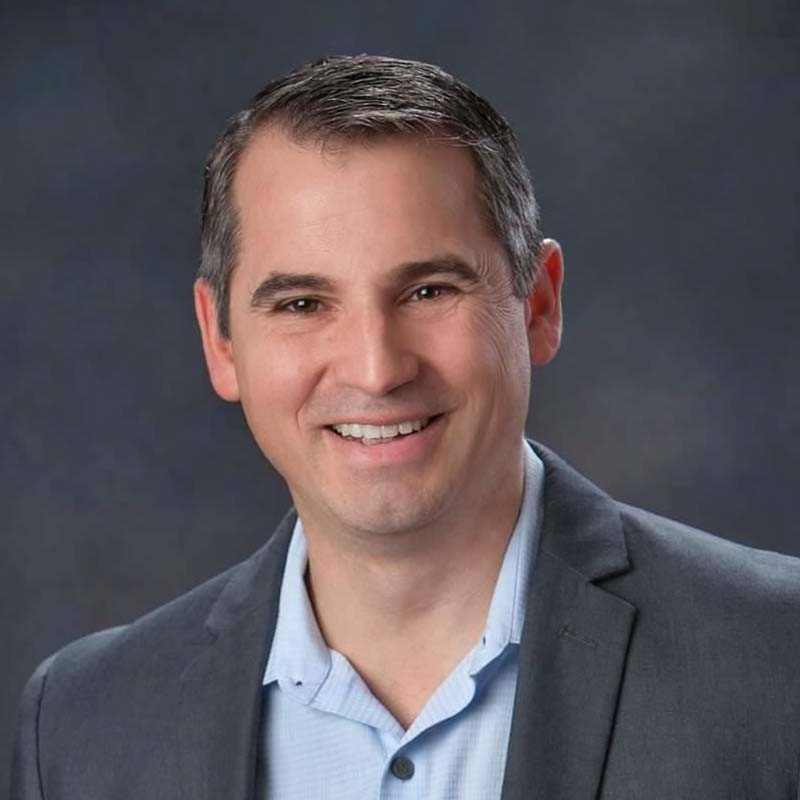Cases of child exploitation online are skyrocketing, but funding for our law enforcement is not keeping pace. Technological advancements in our society have had a positive impact on many, but there are children suffering as technology-facilitated child sexual exploitation and internet crimes against children (ICAC) have increased at a devastating rate.
There are currently 325,000 active leads for child offenders sitting in just one of many undercover databases that are not being pursued due to a lack of resources. The majority of those 325,000 leads represent offenders who are actively abusing children in their own communities.
This fall, as Congress plans to re-introduce the PROTECT Our Children Act to reauthorize the Internet Crimes Against Children (ICAC) Task Force Program, it must also increase funding so that our first responders are fully equipped to do their jobs.
Throughout my 25 years in law enforcement, I saw tens of thousands of tips come into our office and every day we had to decide which child to rescue because we could not get to every one. Imagine my frustration, not because I didn’t want to rescue these children, but because we didn’t have the software tools, equipment, training or manpower to stop these horrendous acts and bring the offenders to justice.
Currently, the National Center for Missing and Exploited Children (NCMEC) operates a CyberTipline – a place for technology companies and the public to report suspected online child sexual exploitation. After NCMEC receives a tip, they refer it to ICAC Task Forces and those agencies work to identify the offender and get to children who remain trapped in abusive situations.
The ICAC Task Force Program grew from 10 task forces in 1998 to 61 coordinated task forces today, but the funding has not kept up with the growth of crimes. The increase of cyber tips and the catastrophic scale of offenders using the dark web to hurt children has made it impossible for ICACs to keep up, and we are not able to proactively protect children from offenders who sit in full view of law enforcement.
Take for instance a case in New Jersey: Samuel Schwinger was charged with sexual exploitation of a minor, online enticement of a minor and receipt of child pornography – and that’s just the start. The first child’s parents reported the incident to the Sheriff’s department which kicked off an investigation by law enforcement that found he had over 60 victims. Thanks to the due diligence of the officers, Schwinger was charged, but if we had resources to meet the rate of offending, we might have prevented his crimes before so many other children were harmed.
Law enforcement officers are doing the best they can with the resources they have, but keeping up with the tiplines is tough and proactive work is nearly impossible.
I’m through with watching children suffer because we can’t properly fund our offices, update our laws or get the information we need to protect children. We must hold social media companies accountable. It’s time we bring the full power of our law enforcement and our community to fight child sexual exploitation and internet crimes against children.
To ensure we are properly staffed and have the best software, training, and equipment, our law enforcement needs a budget of $436 million. Right now, the current ICAC budget is $34.5 million; that’s nowhere near enough. We need to fund ICAC at higher levels so our investigators have the training and resources to rescue the children who are trapped in abusive situations in countless communities in the US.
That’s why at Raven, I’m working with some of the world’s most respected retired child exploitation investigators, retired ICAC Commanders, sex offender treatment providers, technology innovators and policy experts to garner support for law enforcement officers.
We aren’t politicians or entrepreneurs, but we have years of experience in this space and we know what needs to happen. We want to make sure Congress understands the problem – and the fact that we have a solution that includes prevention, legislation, and resources to investigate; it just needs to be met with the appropriate funding to ensure our children, our future, are safe from predators.


